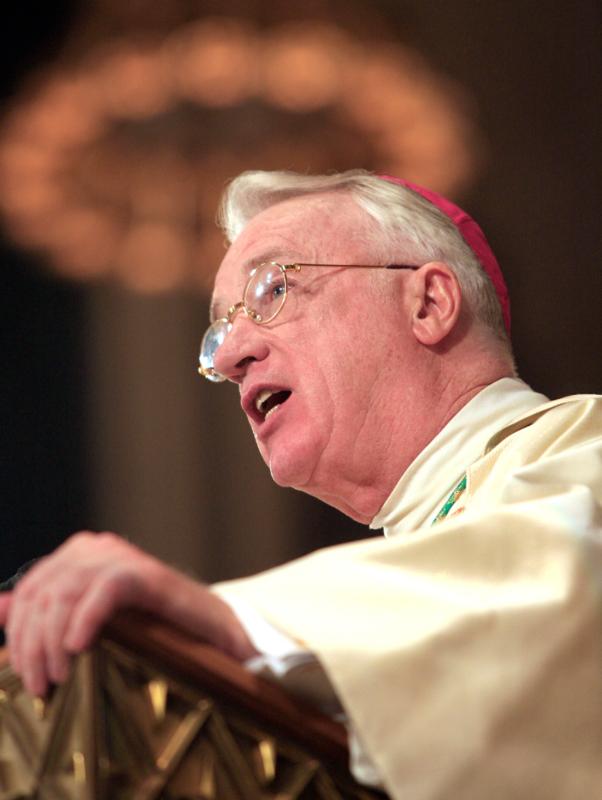By Christopher White, The Tablet’s National Correspondent

NEW YORK – Following last week’s lawsuit from West Virginia against the state’s only Catholic diocese and its former bishop for allegedly covering up for abusive priests, the state’s attorney general is calling on witnesses to come forward with any relevant information on the diocese.
Republican Attorney General Patrick Morrisey, himself a Catholic, brought a lawsuit under the grounds of the Consumer Credit and Protection Act and alleges that the diocese and former bishop failed to meet or enforce the standards in which it advertised and claimed to operate safe environments for minors, and now he is soliciting further witnesses as the case makes its way through the circuit court of Wood County.
“A lot of times in instances like this it is the people who step forward who will provide us with additional details,” Morrisey told The Parkersburg Newsand Sentinel, in an interview over the weekend. “They are the ones who can make the real difference.”
“We want the folks to step up. We believe there are more that haven’t stepped forward yet,” he said. “We are trying to identify more victims and more witnesses.”
Bishop Michael Bransfield retired as bishop of the diocese in 2018, a post he held since 2005, and at the time the Holy See named Archbishop William Lori of Baltimore both to serve as interim administrator of the diocese and to conduct an investigation into Bransfield’s handling of abuse and financial misconduct.
Earlier this month, Archbishop Lori announced that he, along with a team of 5 lay experts, had completed his investigation and sent the report to Rome for review, although its findings have not been made public.
Morrisey is now calling on that report to be made public, saying that there has been a lack of transparency from the diocese in its refusal to release certain requested records.
“If there is nothing to hide then let the people know,” he said. “There are a lot of big unanswered questions that need to be addressed and we need to get to the bottom of it.”
In a statement last week, the diocese took issue with the factual findings contained within the lawsuit and said that its efforts to protect children were unfairly represented by the attorney general.
“The Diocese will address the litigation in the appropriate forum. However, the Diocese strongly and unconditionally rejects the Complaint’s assertion that the Diocese is not wholly committed to the protection of children, as reflected in its rigorous Safe Environment Program, the foundation of which is a zero tolerance policy for any cleric, employee or volunteer credibly accused of abuse,” the statement said. “The Program employs mandatory screening, background checks and training for all employees and volunteers who work with children.”
“The Diocese also does not believe that the allegations contained in the Complaint fairly portray its overall contributions to the education of children in West Virginia nor fairly portray the efforts of its hundreds of employees and clergy who work every day to deliver quality education in West Virginia,” it continued.
The diocese subsequently released a seven-page letter addressed to “the Faithful of the Diocese of Wheeling-Charleston,” detailing its specific record and efforts to provide safe environments and its already established reporting mechanisms.
While Morrisey’s complaint is a civil lawsuit, Morrisey has not ruled out the possibility of criminal charges but has said that it will be left up to local prosecutors.
“That is separate from my office and up to the local prosecutors,” he said.
In response to the lawsuit, some critics have countered that the civil suit under the consumer protection act may be a violation of the First Amendment – a claim that Morrisey has strongly rejected.
“When it comes to enforcing the laws, the church is not any different than any other entity,” he said. “When you are not involving yourself in doctrinal matters of the Church, you are not impairing the First Amendment.”
